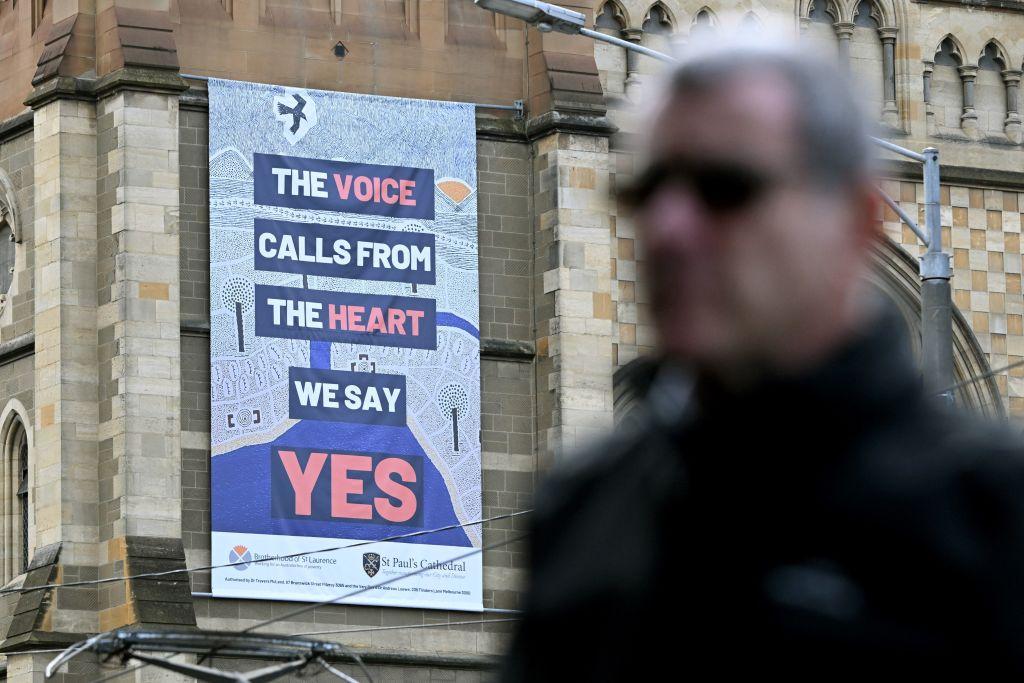Commentary
One of the criticisms levelled at The Voice proposal is that it is merely a “symbolic” gesture that will not, and cannot, make any real difference to the lives of Australia’s Indigenous population.

One of the criticisms levelled at The Voice proposal is that it is merely a “symbolic” gesture that will not, and cannot, make any real difference to the lives of Australia’s Indigenous population.